A Cure For Nail Biting?
Dutchman offers ‘cure’ for nail biting
September 8, 2007 01:03:28 AM PST
Do you find your fingers drifting into your mouth when you’re nervous, anxious or just bored? Are your nails chewed to splinters or your cuticles gnawed to bleeding pulp? Nail biting is more than a bad habit. Doctors say it is one of the most common symptoms of stress or of an obsessive-compulsive disorder, especially for teenagers or younger children, and can lead to disfigurement and serious infection.
Alain-Raymond van Abbe, a former health industry and cosmetics promoter, estimates the world’s pathological nail biters number 600 million or more. He saw that onychophagy was so widespread that he has opened a business devoted to a cure.
“In four weeks, nail biting can be over and over forever,” he says.
Studies show around 45 percent of adolescents nibble their nails. That drops to about 20 percent as young adults learn to cope with their anxieties or become too embarrassed by their self-inflicted deformity.
In public, compulsive biters typically keep their hands out of sight as much as they can, buried in their pockets or behind their backs. They often feel depressed and shamed, and avoid social contacts. Van Abbe says his clients suffer so much from the stigma that none would volunteer to be interviewed or photographed.
He calculates Holland alone has 2 million chronic sufferers, enough to keep his enterprise busy and profitable. He charges up to $670 for a course of treatment.
Van Abbe, whose field is marketing rather than medicine, describes himself as a problem solver. His treatment relies on a tooth guard molded to fit either the upper or lower teeth. Barely visible, the “preventer” makes it impossible to bite, but can be removed for eating.
A car carrying an advertisement of the nail biting clinic with a slogan saying: “Stop nail biting now!” drives in front of the nail biting clinic, O-Centrum, in Venlo, Netherlands, Monday, Aug. 20, 2007. Alain-Raymond van Abbe, a former health industry and cosmetics promoter, estimates the world’s pathological nail biters number 600 million or more. He saw that onychophagy was so widespread that he has opened a clinic devoted to curing nail biters. “In four weeks nail biting can be over, and over forever,” he says. (AP Photo/ Ermindo Armino)
“After four weeks, the impulse disturbance is so frustrated that it is controlled. You don’t have any problem any more,” he said.
After developing his solution over two years and working with about 150 pilot customers, Van Abbe refitted a gabled brick house in Venlo, near the German border, with reclining leather manicurists’ chairs where cosmeticians can begin reviving damaged finger and toe nails.
Yes, some of his clients habitually bite their toe nails, including one man in his 40s, Van Abbe said. “If you start young, you stay flexible.”
Nail biting is one of a category of obsessive-compulsive disorders known as Body-Focused Repetitive Behaviors that is gaining more scientific attention. Others include hair pulling, skin picking or incessantly biting the inside of the cheek.
Lawrence S. Micheletti, an assistant professor of psychiatry at the University of Texas Medical Branch, says most research on nail biting focuses on the psychological stress and on the therapies that treat the source of the problem.
But there also is a chicken-and-egg factor, because the ugly result of self-mutilation heightens anxiety. “If you cure the symptom, you reduce the stress, and the person is a happier person,” Micheletti said in a telephone interview.
Micheletti, who works with many adolescents in stress management, says nail biting is one of the most common symptoms he sees among his patients.
He said Van Abbe appeared to have developed “a plausible approach” since, in clinical terms, the treatment involves both cognitive and behavioral aspects. But he wonders about Van Abbe’s business model.
“I never thought of opening a clinic just for nail biters,” he said. “I wouldn’t want to rely just on nail biters to make my living.”
story: Associated Press

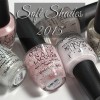


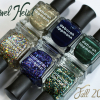
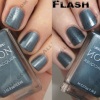


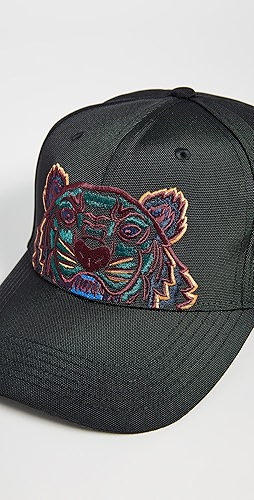



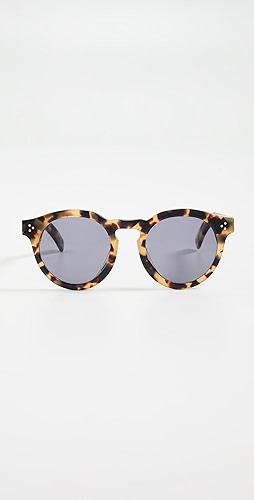
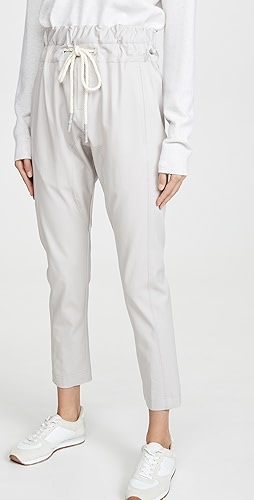

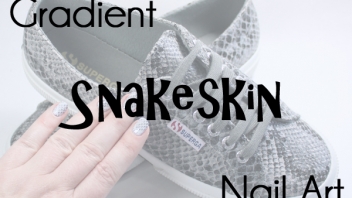
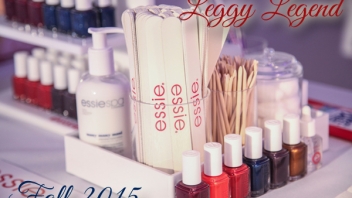
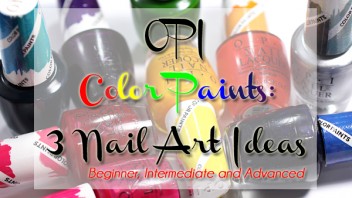
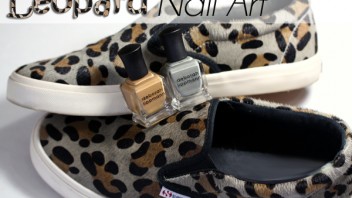
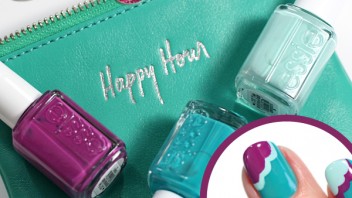
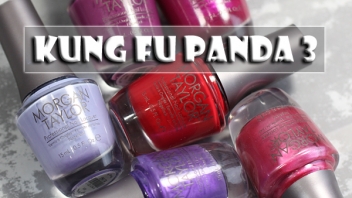
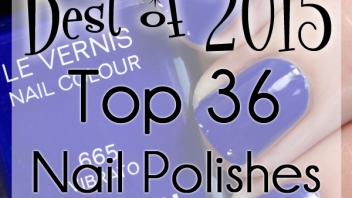
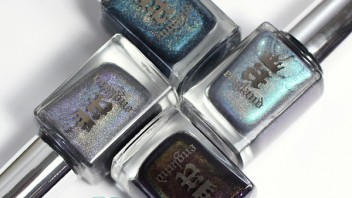
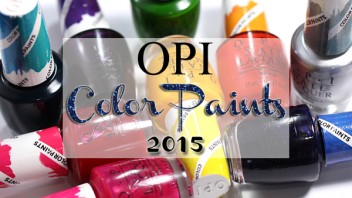
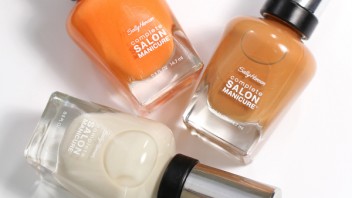
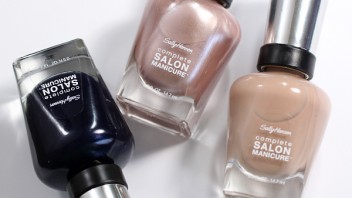
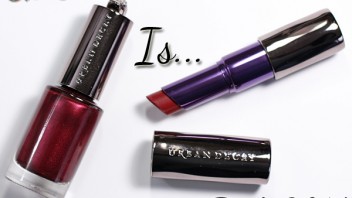
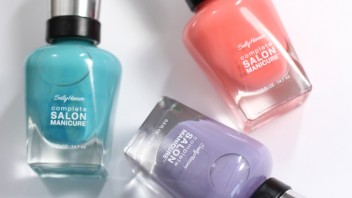
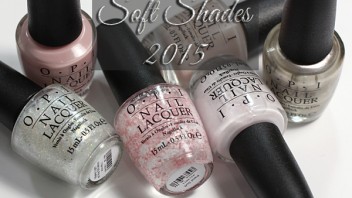
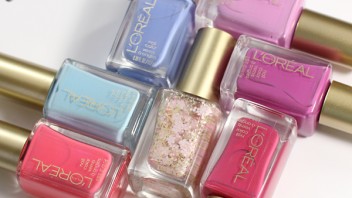
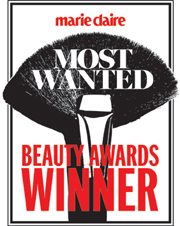

WOW!!! I’m shocked that such a large percentage of people bite their nails. I’m even more surprised that people would actually bite their toenails. GROSS!
I actually don’t have an issue with biting my nails, but my wife and I discovered the fun of painting each other’s toenails a while back and now it has become a ritual we follow on a regular basis. People sometimes ask why we wear matching nail polish and our answer is that it’s fun and we do it together! In this age when divorce and separation is commonplace, isn’t it nice to know that some couples have come up with ways to keep the love alive?